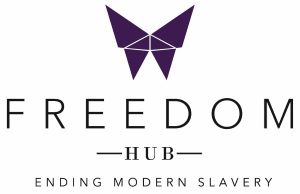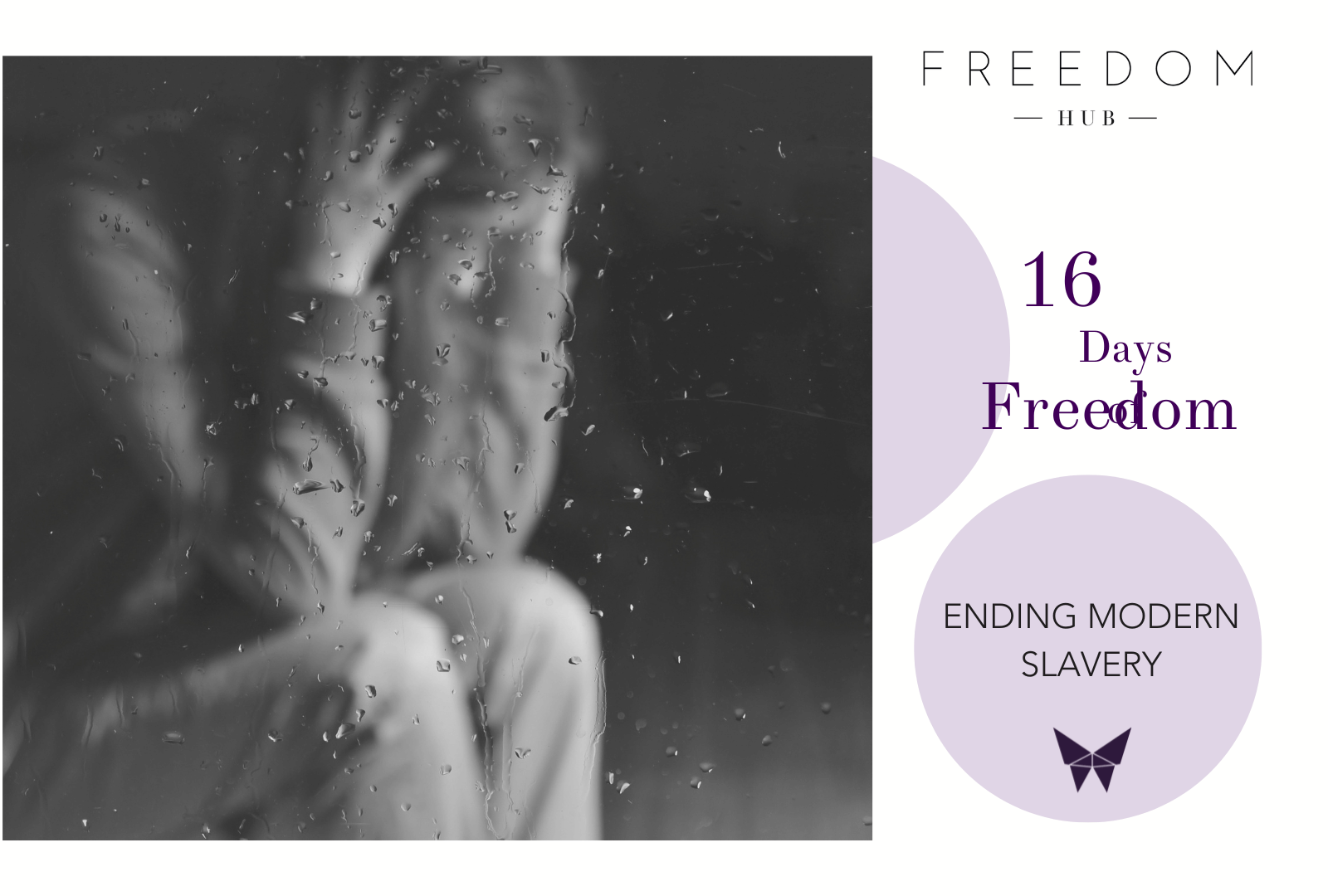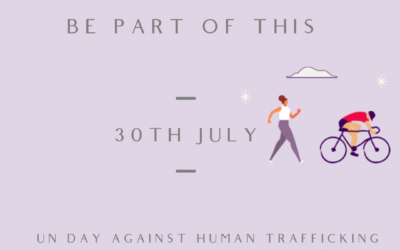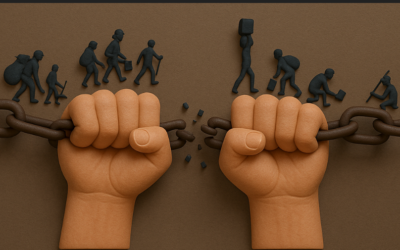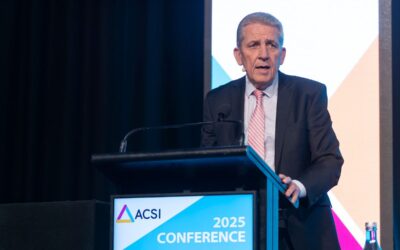Complex Post Traumatic Stress Disorder (cPTSD) is a result of long-term trauma. Many victims suffer from this mental health condition. Women who have victims of abuse are often develop complex trauma so we decided it was worth explaining further.
A Summary of this type of Trauma
Complex Post Traumatic Stress Disorder (cPTSD), sometimes referred to as “complex trauma”, has not been studied as deeply as compared to PTSD. cPTSD is the result of multiple traumatic events being experienced over an extended period of time. Some examples of prolonged traumatic events that can result in cPTSD are human trafficking, slavery, concentration camps, child sexual abuse, and genocide.
It is defined as a psychological disorder that can develop in response to the prolonged, repeated experience of interpersonal trauma in a context in which the individual has little or no chance of escape.
Many of the survivors we work with at the Freedom Hub Survivor School have cPTSD.
Our Research on cPTSD
While PTSD and cPTSD share many qualities with regard to the disorder’s presentation, such as a possible constant sense of threat, avoidance of potential triggers, and re-experiencing the traumatic event(s), cPTSD has additional factors that must be considered.
Affect Dysregulation, the inability to control one’s emotions – possibly expressed in anger, self-harm, reckless behaviors, and/or self hatred, should be considered when interacting with someone with cPTSD.
Interpersonal Sensitivity is common among people with cPTSD, which results in easily hurt feelings, a “short temper”, and/or difficulties maintaining personal relationships.
Additionally, people may experience Negative Self-Concept, and may state things such as they are “not feeling like themselves”, that they are “no longer human”, and/or that they are ”contaminated or guilty”.
Fixation on the abuser is not uncommon, and may manifest itself with an attachment towards the abuser or a hatred/revenge-seeking towards them.
There are many triggers that may agitate or activate cPTSD in a trafficked survivor, which are including but not limited to: entering a room behind them, closing a door when a survivor is present (denying exit), giving specific commands (e.g. where to sit), interrupting speech, certain smells, sights, or sounds that relate to the trauma, and specific calendar dates. cPTSD is much harder to treat than PTSD due to its complexity and prolonged nature. The fact that cPTSD does not result from acute trauma, rather it is a result of protracted trauma should be recognized.
To read more about this and modern slavery check out this paper researched for us: TFH cPTSD Article
“At the Freedom Hub Survivor School, we work hard to ensure trauma-informed principles are applied when working with survivors of slavery and work to assist them with methods to manage this trauma while out and about.” Sally Irwin, Founder
Mental Health and Recovery from Modern Slavery
For more information on the mental health recovery of a Survivor of Abuse and Modern Slavery we highly recommend you also take time to read our short article here.
–
The Freedom Hub Survivor School is the only LONG-TERM, wrap-around care, specialising in support for survivors of modern slavery in Australia.
Without our community of businesses and donors, we could not do this, and we want to keep growing so we can help many, many more.
–
Join our Community
If you would like to support a survivor or our work, donate here. (tax deductible)
Would you like to volunteer? contact us here.
Or if you would like to get our monthly up date, opt in here.
THANK YOU FOR TAKING THE TIME TO READ OUR BLOG XX (Please share it with others to raise awareness).
